The Lincoln Navigator is a big SUV with plenty of room for families and all their gear. If you're looking to purchase a Lincoln Navigator, one thing you might be curious about is the fuel capacity. So, how big is the gas tank? We did the research to bring you the answer.
The size of the gas tank on a Lincoln Navigator is 23.6 gallons for both 4WD and 2WD models. However, the Lincoln Navigator L has a bigger gas tank at 27.8 gallons. With either tank, you can expect a far better range than smaller SUVs.
Knowing the fuel range is especially important if you're planning to take a long road trip or go off-roading. In this article, we will discuss the size of the gas tank on the Lincoln Navigator as well as its range. In addition, we will answer other frequently asked questions about the Lincoln Navigator, so read on!
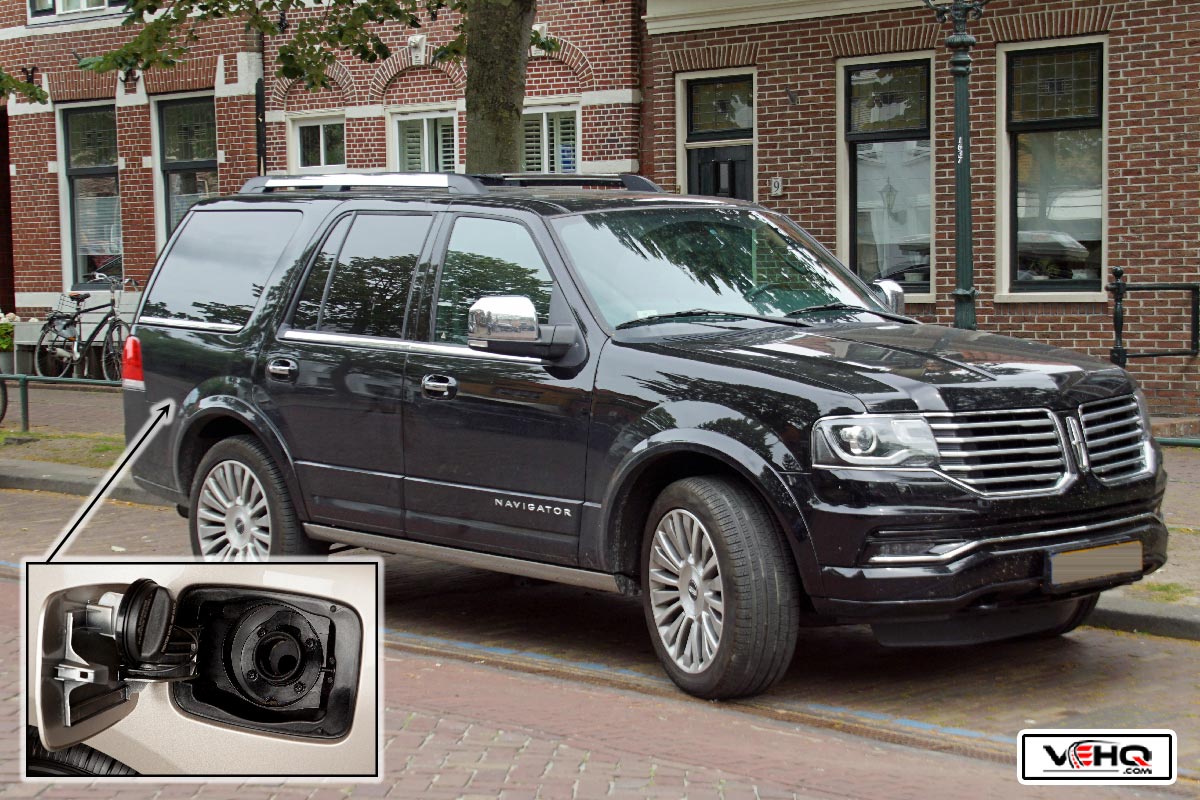
What Is The Size Of The Lincoln Navigator Gas Tank?
The Lincoln Navigator isn't new to the SUV market. It's been around since the late 1990s and quickly became a popular choice for families. The Navigator is a big SUV with plenty of room for passengers and cargo. It's also known for its comfortable ride and luxurious features.
One important thing to know about any vehicle is the size of its gas tank. This is especially important if you're planning to take a long road trip or go off-roading. The last thing you want is to run out of gas in the middle of nowhere!
The size of the gas tank on a Lincoln Navigator is 23.6 gallons for both 4WD and 2WD models. However, the Lincoln Navigator L has a bigger gas tank at 27.8 gallons. With either tank, you can expect a far better range than smaller SUVs.
Consumers can expect 16 mpg in the city and 21 on the highway from the Lincoln Navigator, so a fill-up will last you a while. However, there are some things you should know when filling up your Navigator.
In order to perform best, the Navigator should be filled with premium unleaded gasoline. This will help to prevent engine knock and improve fuel economy.
It's not that you can't use regular unleaded gasoline, but your Navigator will run less efficiently. So, if you can afford the slightly higher price of premium gas, it's worth it to fill up with that instead.
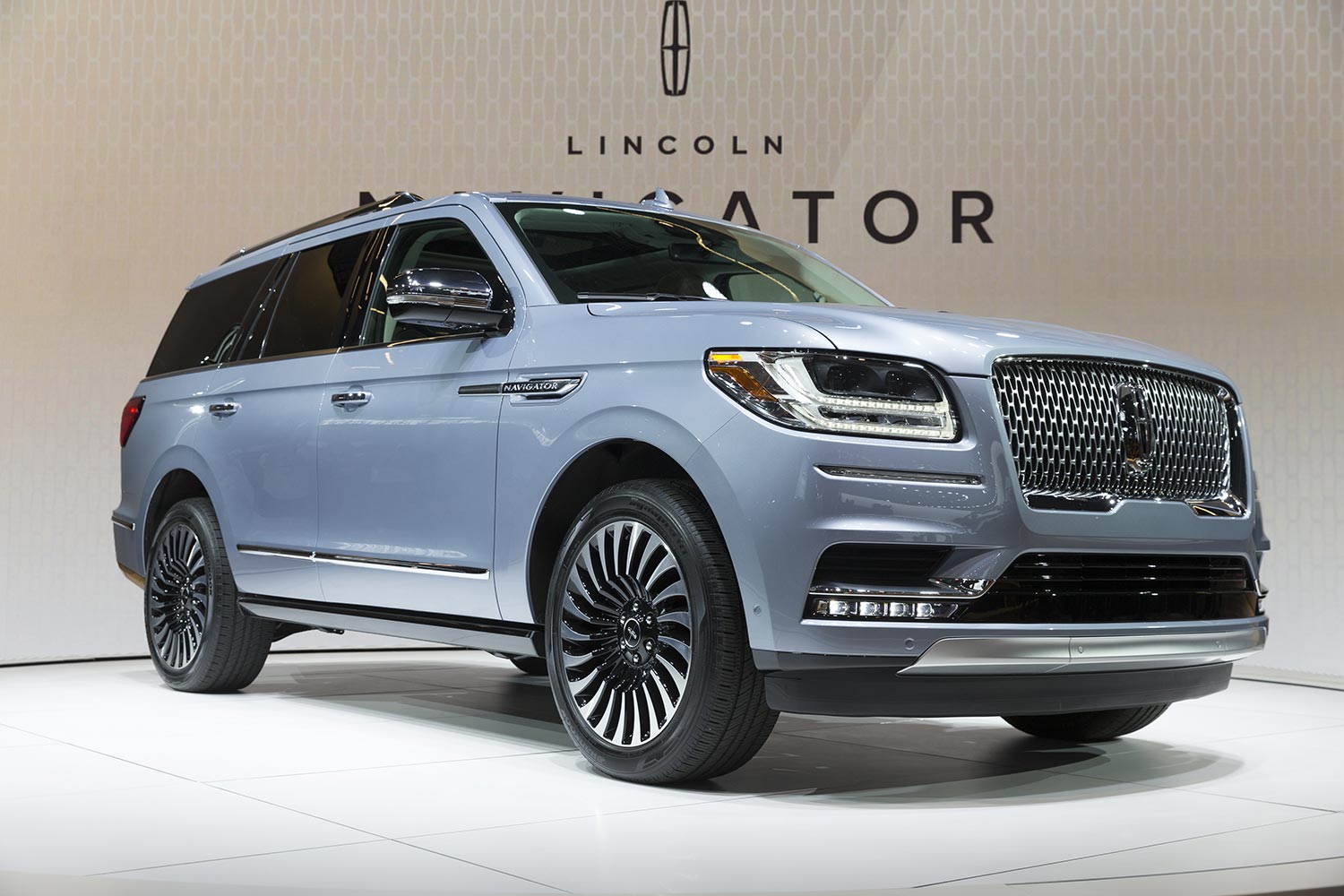
Is A Bigger Fuel Tank Better?
Any time a vehicle increases in size, the gas tank becomes larger as well. The reason for this is simple physics. A bigger vehicle needs more fuel to move it down the road.
In addition, a bigger vehicle can handle the extra weight of a larger fuel tank without affecting performance. This is why most SUVs have bigger gas tanks than sedans or coupes.
The Lincoln Navigator is a large SUV, so it's not surprising that it has a large gas tank. However, there are some benefits and drawbacks to having a large gas tank.
On the plus side, you don't have to stop for gas as often when you're driving a Lincoln Navigator. This is especially helpful if you're taking a long road trip.
It's also good to have a larger gas tank if you're going off-roading. When you're driving in remote areas, it's always a good idea to have plenty of fuel on hand just in case.
The downside to having a large gas tank is that it's more expensive to fill up. This is especially true if you're using premium unleaded gasoline.
Do You Have To Use Premium Fuel In The Lincoln Navigator?
You don't have to use premium unleaded gasoline in the Lincoln Navigator, but it's recommended. Premium fuel has a higher octane rating than regular unleaded gasoline. This means that it can withstand higher compression without igniting prematurely.
Ignition timing is critical in any engine, and using premium fuel can help to prevent engine knock. In addition, using premium fuel will help to improve fuel economy.
Also, if you want your Lincoln Navigator to last a long time, it's a good idea to use premium fuel. Over time, using lower-quality gasoline can damage the engine. So, if you can afford the slightly higher price of premium gas, it's worth it to use in your Lincoln Navigator.
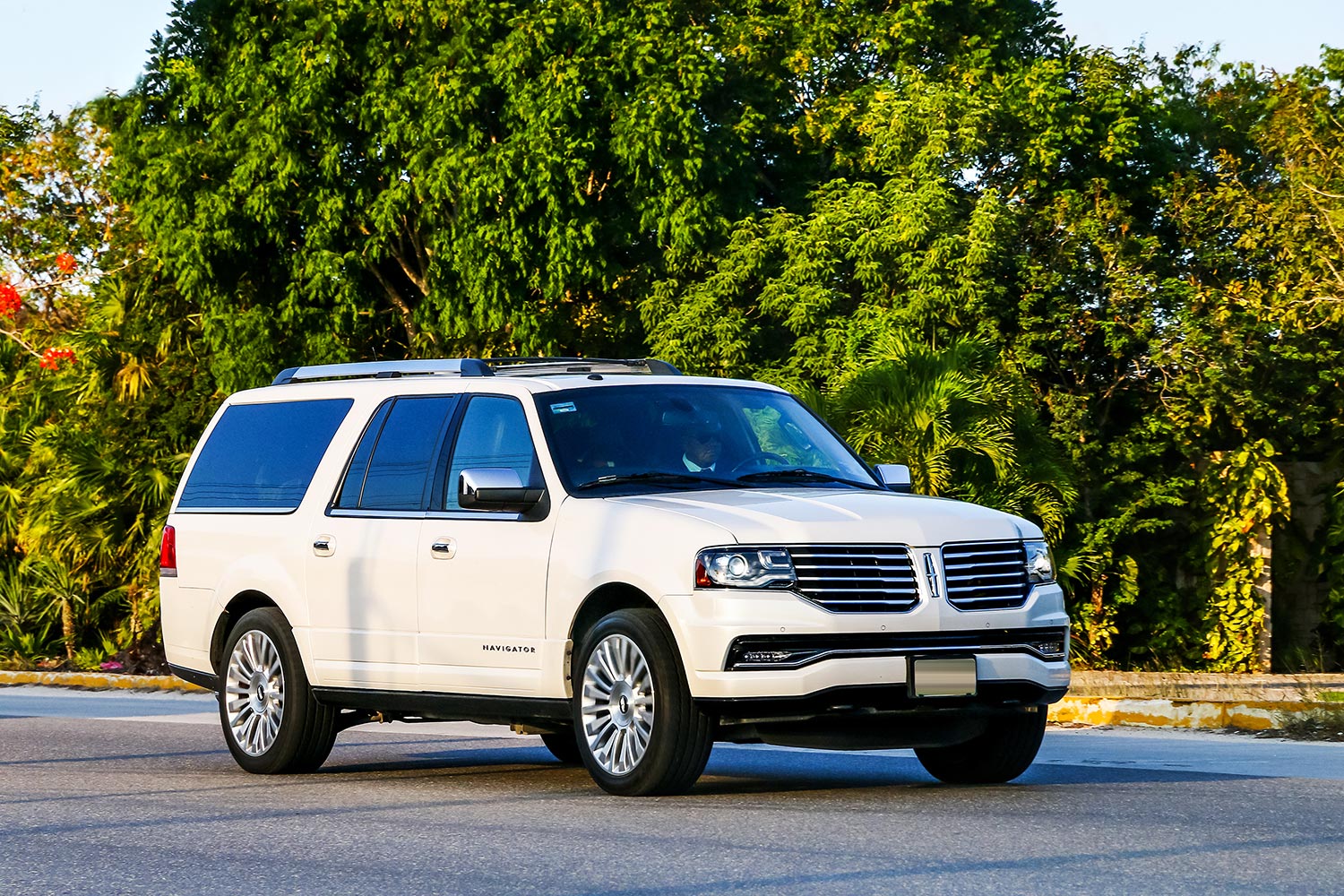
How Can I Increase My Lincoln Navigator's Gas Mileage?
Even with a large fuel tank, you might be looking for ways to increase your Lincoln Navigator's gas mileage. Here are a few tips:
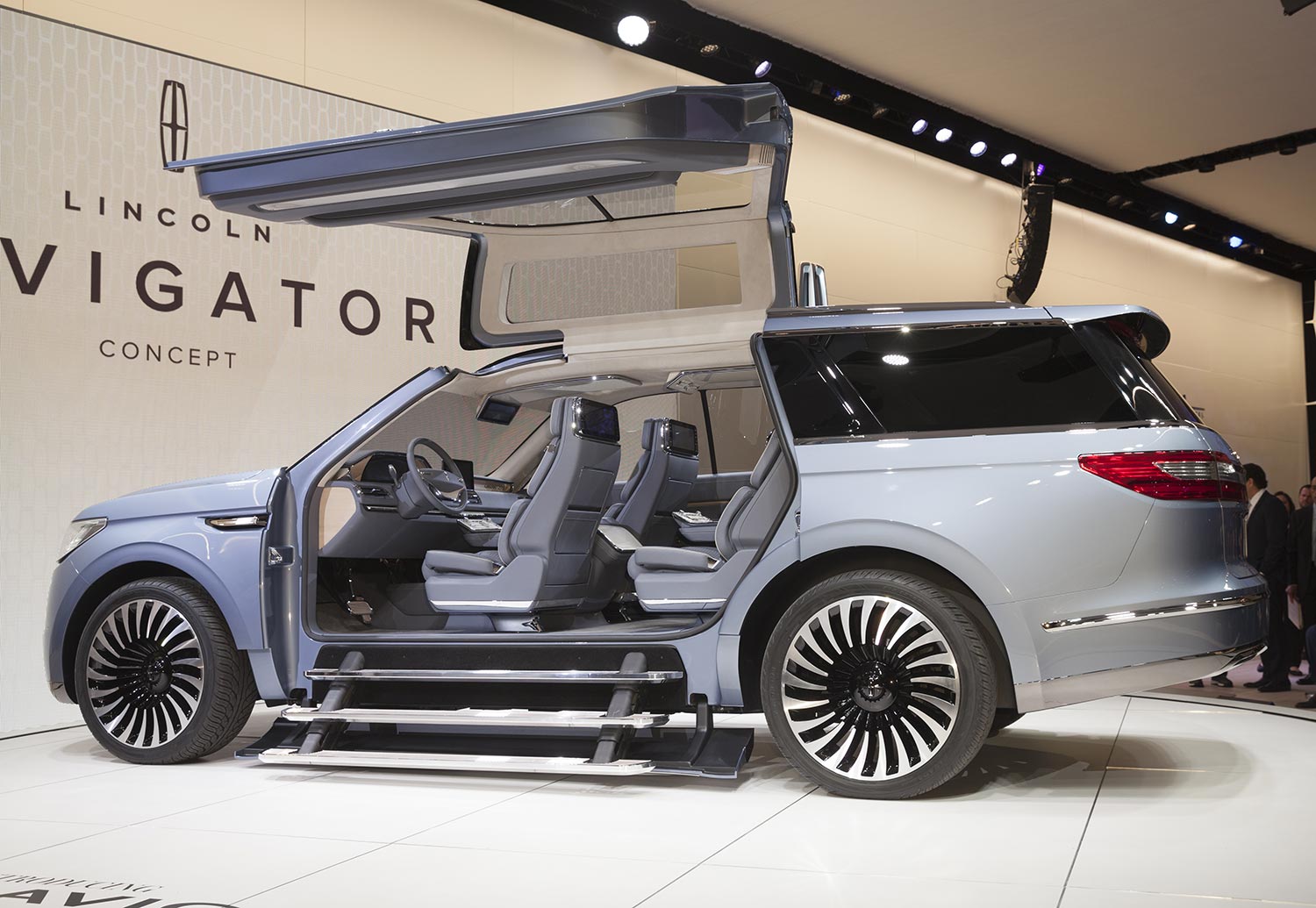
Reduce Weight
Weight plays a big role in fuel economy. The more weight a vehicle has to carry, the more fuel it will consume. So, if you want to improve your Lincoln Navigator's gas mileage, one thing you can do is reduce the weight of your vehicle.
You can do this by removing unnecessary items from your vehicle. For example, if you have a lot of stuff in your trunk, you can take some of it out. Or, if you have a track on the roof of your vehicle, you can remove it when you're not using it.
Every little bit helps, so even if you can only reduce the weight of your vehicle by a few hundred pounds, it will make a difference in your gas mileage.
Check Tire Pressure
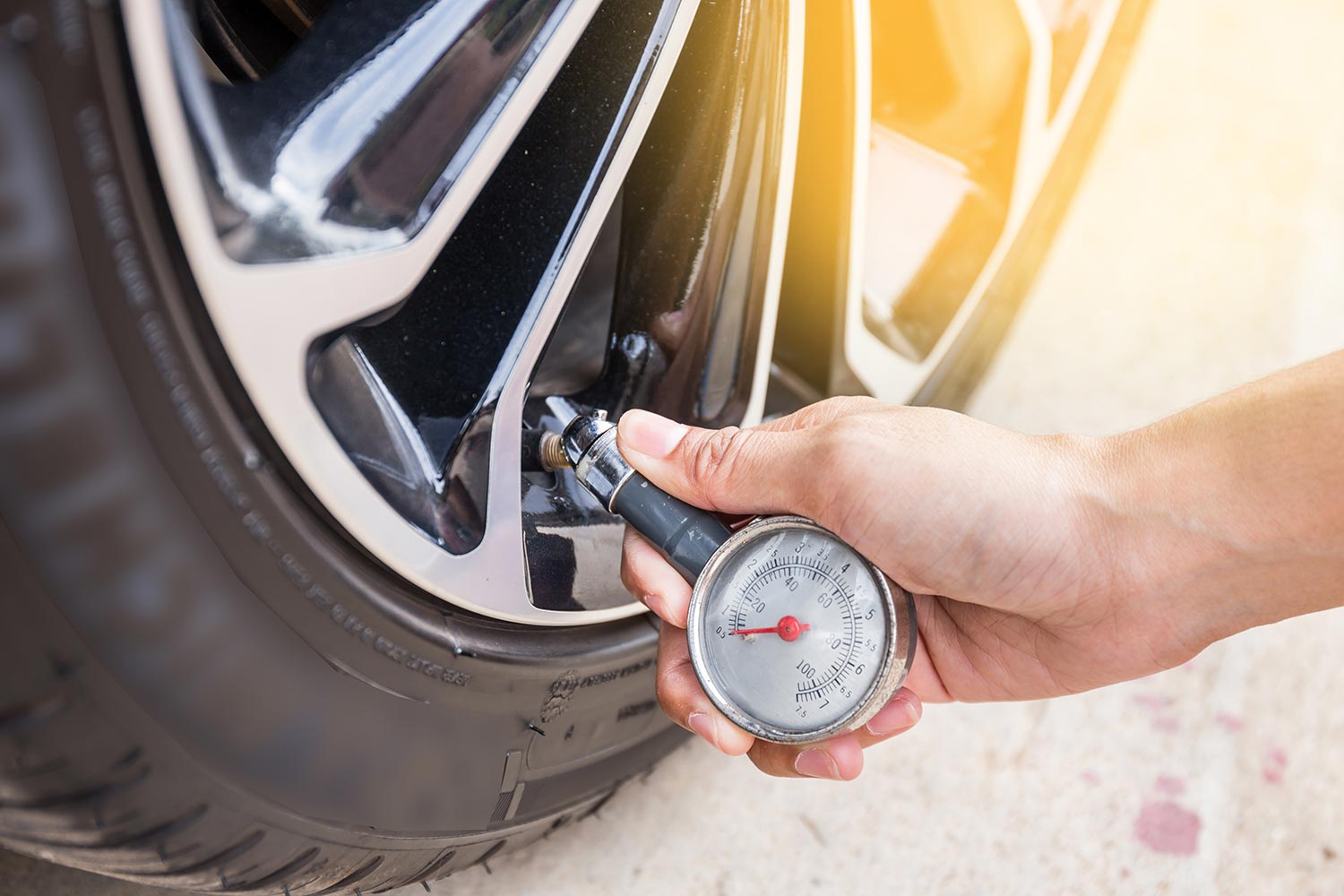
Properly inflated tires can help to improve your Lincoln Navigator's gas mileage. That's because underinflated tires create more rolling resistance, which makes your vehicle use more fuel.
So, if you want to improve your gas mileage, one of the first things you should do is check your tire pressure. The proper tire pressure for your Lincoln Navigator can be found in your owner's manual.
If you don't have your owner's manual, you can usually find the information on a sticker inside the driver's door. Once you know the proper tire pressure for your vehicle, use a tire pressure gauge to check the pressure of each tire. If any of your tires are low, add air until they're at the proper pressure.
Get A Tune-Up
If your Lincoln Navigator is due for a tune-up, getting one can help to improve your gas mileage. That's because a tune-up will make your engine run more efficiently, which will use less fuel.
In addition, a tune-up can also help to improve your vehicle's performance. So, if your Lincoln Navigator has been feeling sluggish lately, a tune-up might be just what it needs.
This could include replacing the spark plugs, air filter, and fuel filter. The specific components that need to be replaced will depend on your vehicle's model and year.
Replace The Air Filter
If your air filter is dirty, it can restrict the flow of air to your engine. This will make your engine run less efficiently and use more fuel. So, if you want to improve your Lincoln Navigator's gas mileage, one of the first things you should do is check the air filter. If it's dirty, replace it with a new one.
You can also opt for a high-flow air filter which will allow more air to flow into your engine. This can help to improve your vehicle's performance as well as its gas mileage.
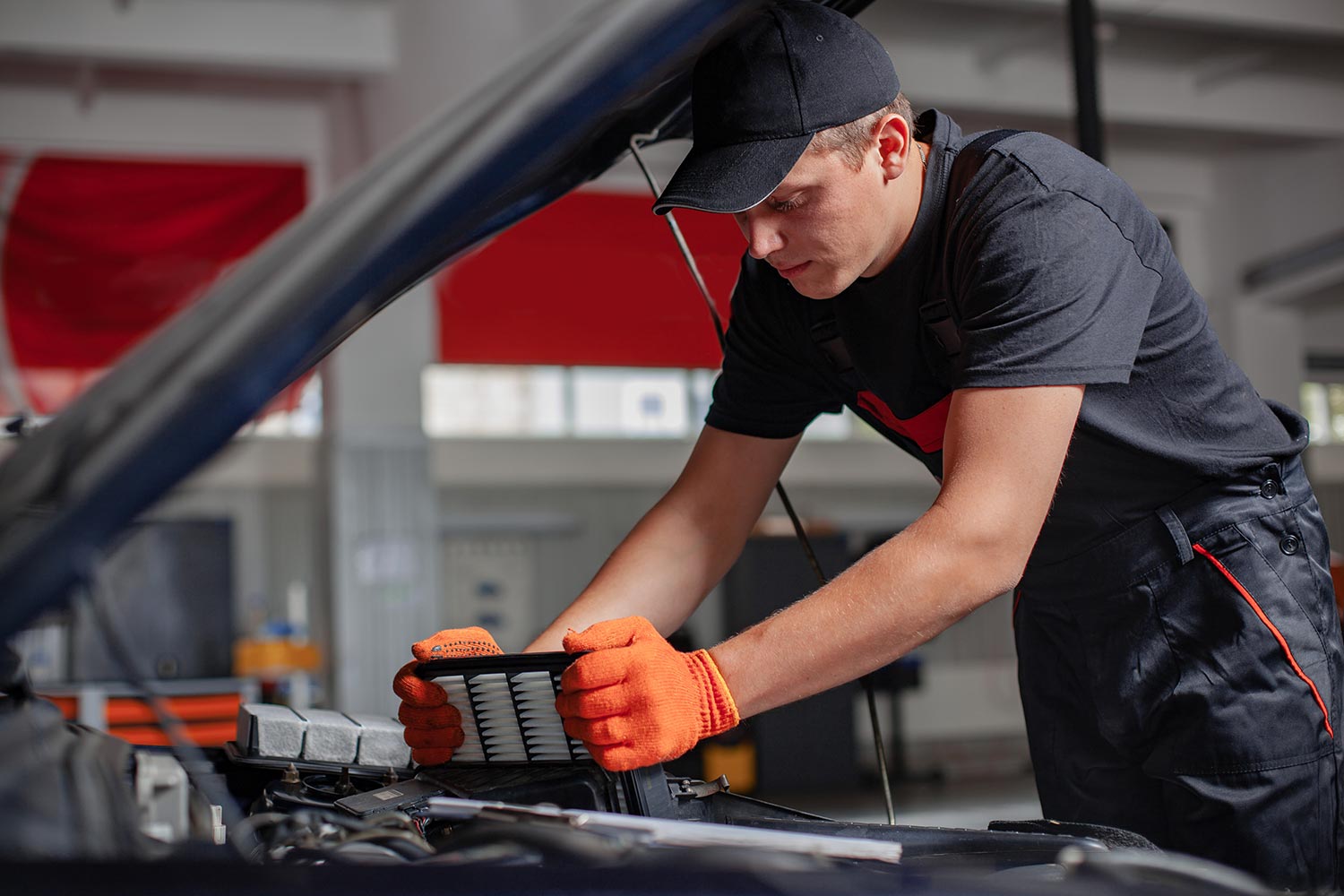
Use Cruise Control
When you're driving on the highway, one of the best ways to improve your gas mileage is to use cruise control. Cruise control helps to maintain a constant speed, which can help you to avoid speeding up and then slowing down. This can save you a lot of fuel.
In addition, using cruise control can help you to avoid accidentally exceeding the speed limit. This can help you to avoid getting a speeding ticket, which can save you money in the long run.
Use Recommended Fuel
Car manufacturers recommend a type of fuel for a reason. Using the recommended fuel can help to improve your Lincoln Navigator's gas mileage. Cheaper gas may save you money, but if you're reducing the fuel milage, then you're actually spending more money in the long run.
Drive More Efficiently
One of the best ways to improve your Lincoln Navigator's gas mileage is to drive more efficiently. There are a few things you can do to drive more efficiently.
For one, you can avoid unnecessary idling. If you're going to be stopped for more than a minute, it's best to turn off your engine. This will save you fuel and money.
Additionally, you can be more conservative in your throttle application. In other words, press the gas a bit more gently to conserve fuel.
Final Thoughts
While the Lincoln Navigator has a large tank and can go for a long time without needing to refuel, it's still important to be mindful of your gas mileage. After all, the more fuel-efficient your vehicle is, the less money you'll have to spend on gas.
Made it to the end? Here are other articles you might like:
3 Best Additives To Remove Water From Gas Tank
